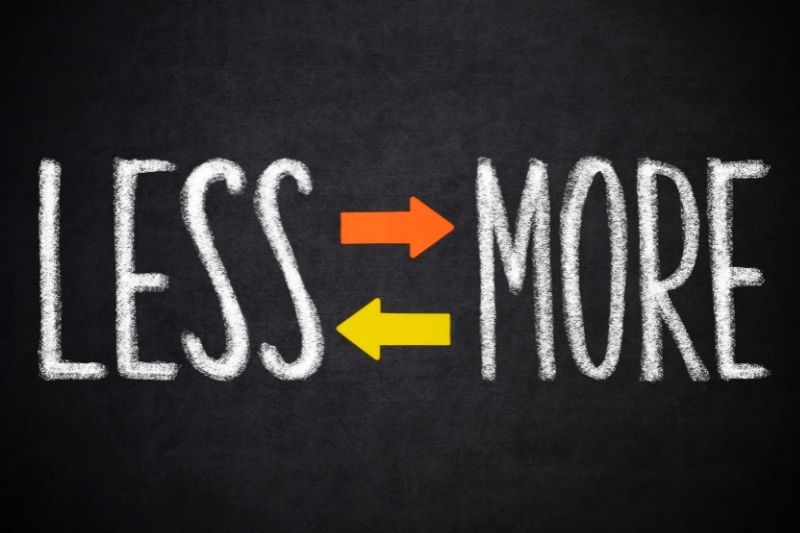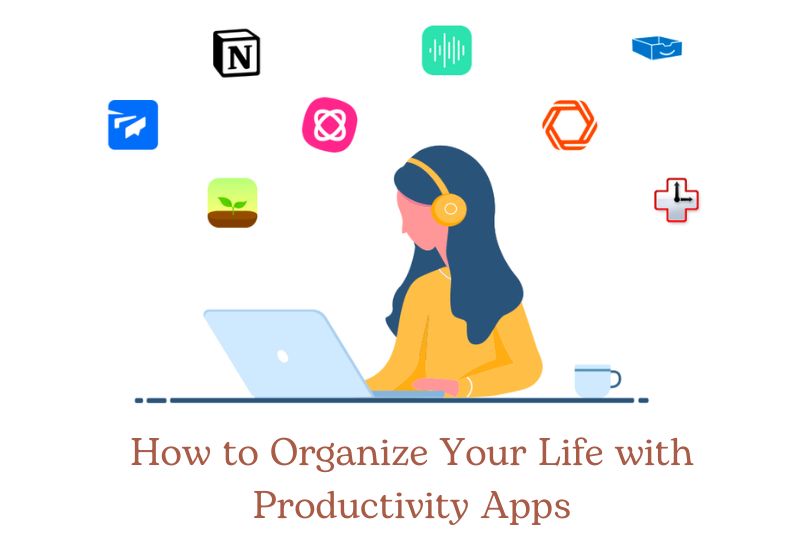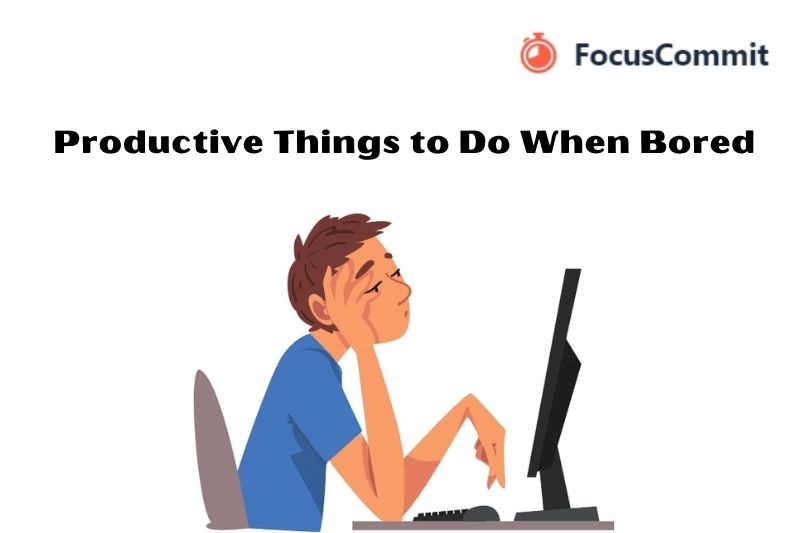How To Sleep Less And Be More Productive? If you’re looking to become more productive, you may want to try sleeping less. A growing body of research suggests that sleeping less can increase productivity and creativity. However, you should be careful not to overdo it, as too little sleep can negatively affect your health.
Read our following article to learn how to sleep less and be more productive and the harmful effects of not getting enough sleep.
Why is Sleep so Important?
When you don’t get as much done in a given time, you first cut back on your sleep. This allows you to work more efficiently. This paradox is the key: Sleeping less can lead to lower work performance and reduced daily productivity. You can’t help yourself by sleeping less.
Ever wonder why our bodies need sleep? It’s so hard to go a week without sleep! It is a waste of time! Rest is 1/3 of our time!
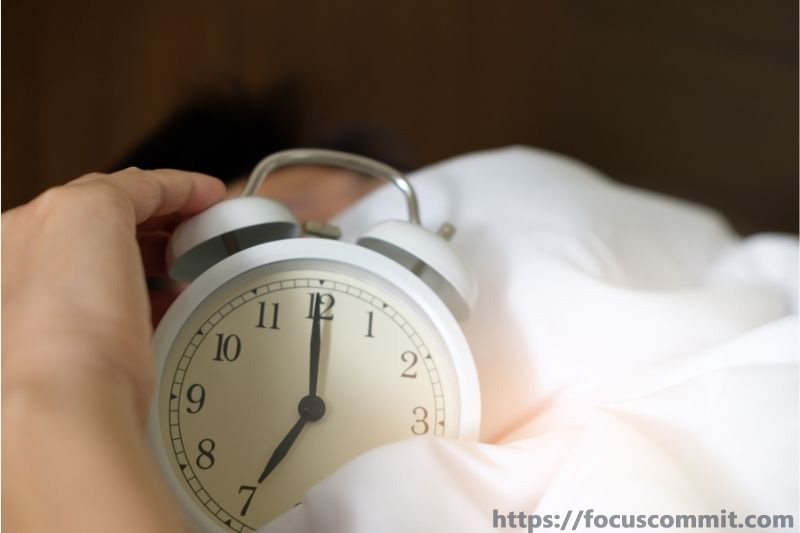
Although sleeping indeed takes a lot of effort, it is not wasted time. Your body performs many vital functions when you go to sleep.
- The brain recharges and reorganizes itself.
- It eliminates toxic waste byproducts from the environment built up over time.
- The cerebral cortex’s neurons regenerate.
- Your body relaxes, recovers energy, and heals.
Right. How does that relate to productivity? Let’s look at the effects of not getting enough sleep on your productivity and how they affect your day.
How does the sleep cycle work?
Your body goes through four stages of sleeping throughout the night. Each cycle lasts approximately 90 minutes.
Each stage can be cycled through four to six times during a typical night of sleep. You can only cycle through each step twice if you sleep for less than 4 hours.
These are the stages of sleep:
N1: This stage is the shortest and most light-weighted. It lasts between 1 and 5 minutes. This stage is when your heart rate and breathing slow down, and your muscles relax.
N2: This stage takes between 30 and 60 minutes. Your heart rate and breathing slow down, and your body temperature drops.
N3: This is the third stage of sleep, also called deep sleep. This is where your body repairs and rebuilds cells and tissues. It lasts between 20-40 minutes.
Rapid eye movement (REM). REM sleep is most closely associated with dreaming. The first REM cycle takes approximately 10 minutes, while the last can last up to an hour.
Is it possible to get four hours of sleep each night?
Most people don’t get enough sleep to feel rested and alert every morning, regardless of how much they sleep.
It is a common belief that chronically limited sleep can be adapted to, but there is no evidence that it does.
People who exercise often require more time than the recommended hours to allow their bodies to recover from additional stress.
In 2018, a study of over 10,000 people’s sleep habits found that 4 hours per day was equivalent to 8 years of age.
A lack of 7 hours of sleep per night for a prolonged period could increase your chances of developing complications such as:
- Diabetes
- Stroke
- Psychosis
- Anxiety
- Depression
- Cardiovascular disease
- Obesity
- Hypertension
- Obstructive sleep apnea
1. Genetic mutations that cause sleep deprivation
One caveat to the amount of sleep you need is that everyone’s bodies are different, and some people may thrive on less sleep than others.
Scientists discovered a rare mutation in the ADRB1 gene that allows people to feel restful with less than 6 hours of sleep per night. This is without any health effects.
This gene mutation can cause you to feel tired even if your sleep hours are consistently lower than recommended.
2. Polyphasic sleeping
Polyphasic sleeping refers to sleeping more than once per night in 24 hours.
There are many polyphasic methods. One of the most popular programs is to take six 20-minute naps spread equally throughout the day for three hours.
Polyphasic sleep is more efficient and allows for more excellent rest time. No scientific evidence supports the claim that polyphasic sleep is more effective than traditional sleep.
Polyphasic sleep deprivation likely has the same health effects as other forms. There is limited research on polyphasic programs as most people only follow them concisely.
7 Reasons People who sleep less are more productive
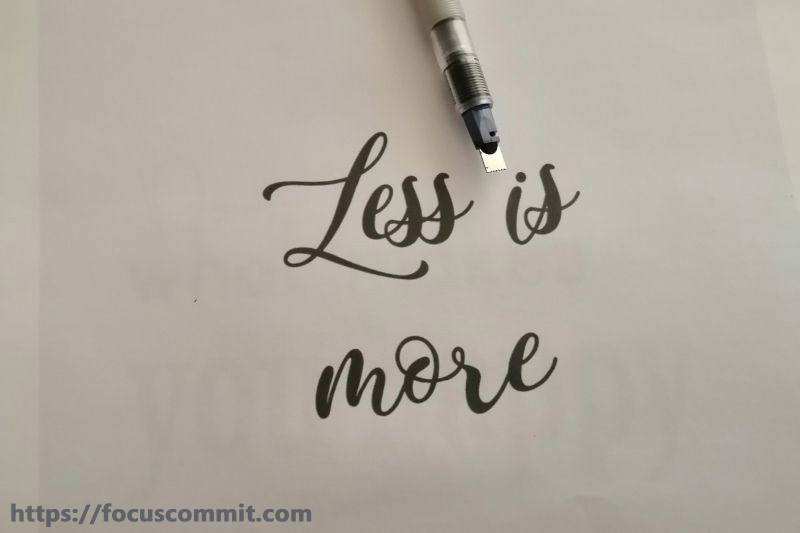
1. They have more time
It is possible to argue about the impact of sleep on productivity. If you get less sleep, you will have more time to solve problems and tackle challenges. This extra time can be a great help in achieving something worthwhile. Sleeping less is no bad idea, as many people who have achieved great things in their lives can do so with less sleep.
2. They look for alternatives to sleeping
Some people can be productive even if they sleep less. This allows them to find other exciting and enriching activities that will keep them awake and provide a great alternative to sleeping. These people can manage multiple tasks at once and do many things simultaneously.
3. They are supercharged
According to the Wall Street Journal, people who sleep less have unique characteristics. “Not only is their circadian rhythm different than most people, but so are their moods (very positive) and metabolism (they are thinner than the average, even though sleep loss can increase the risk of becoming obese). They have a high tolerance for physical pain and psychological setbacks. They are more open-minded and have a different approach to getting things done.
4. They are aware
These less sleepy people who think sleep is a waste of time are conscious. They understand why it is so essential to achieve goals and get results. They can display such qualities as optimism, ambition, and self-awareness. This may seem rare, but it allows them to do more and be more productive.
5. They are always outgoing
These people get more energy from less sleep, allowing them to be active and take advantage of their social life. They can thus connect with more people and be more successful. Networking and connecting are vital to getting more done and success. They can draw on the resources available to help them solve problems and do more.
6. They are driven passionately
These people are passionate about what they do and follow their passions. They will put in their effort to finish projects and get results. They won’t settle for less than the best or mediocrity. And they are passionate about achieving success and getting results. Others might view the inability to get enough sleep as a weakness, but they see it as an opportunity to accomplish their love projects.
7. They gravitate towards extreme fields
This dynamism to sleep less is not required for certain professions but is essential in entrepreneurship, video game design, and other social media disciplines. People who sleep less are more proactive and driven toward careers that enhance their leadership qualities and help them achieve more. They will be more successful in jobs recognizing their unique quality of sleeping less and doing more work.
Although sleep benefits many, sleeping less is more productive and has risen faster to leadership positions.
How To Sleep Less And Be More Productive?
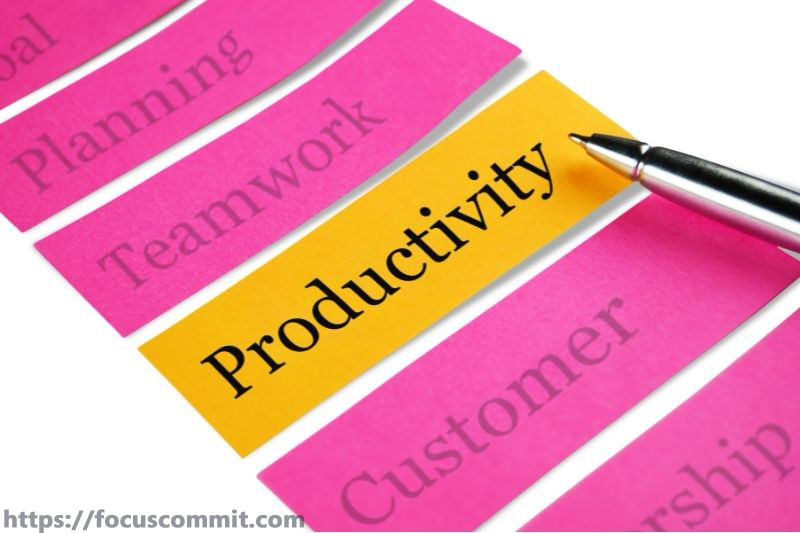
You are not the only one having trouble falling asleep. According to the CDC, one-third of Americans don’t get enough sleep each day.
Matthew Carter, a sleep specialist, has three key pieces of advice that will help you improve the quality and quantity of your sleep.
1. Screens should not be placed before you go to bed to help provide quality sleep-deprived
No phones, tablets, TVs, computers, etc. One hour before you go to bed. Carter advises. This is due to the bright light hitting your eyes, and you may be tempted to get excited or stressed out by what you see on these devices.
Blue light can cause disruptions in circadian rhythms, regulation of melatonin, and sleep hormones. While software like f.lux or Apple’s Night Shift can reduce the blue light from screens at night, it is better to have a strict screen curfew.
You can reduce the amount of time you spend in bed by removing your phone and other distractions.
2. Before bed, no carbs or alcohol
Carter says carbohydrates can keep you awake and negatively impact your sleep quality. “Alcohol is converted in the blood to carbohydrates.”
Despite all its health benefits, you can improve your daytime productivity by skipping the energy boost of the sweet nightcap or midnight snack. This will help you get a good night’s sleep.
3. Get ready for bed and create a daily routine
Carter says, “Many people assume that sleep will happen automatically. In reality, you need to prepare for it.” This is the most crucial step. This is the most critical step. It’s like Pavlovian dogs salivating at the sound a bell makes. Your body will sense that it’s bedtime and create a routine. You can add other sleep-promoting behaviors to this routine for an extra benefit.
- An hour before you go to bed, turn off all the lights in the house.
- Before going to bed, change into your sleepwear.
- After you get into bed, go to bed and read a book.
This advice is not new and easy to remember. Remember that answering work emails at 11 p.m. instead of reading a book will hurt your productivity long-term.
Even if you do everything right, you cannot get enough sleep.
4. Do some light exercise regularly
Light exercise can increase blood flow to the brain, temporarily waking you. Heavy training can make you feel more tired.
5. Eat a healthy diet
A healthy diet can give you more energy during the day.
6. Napping is a great option
You may find that short 20-minute naps during the day can help you feel refreshed without feeling sleepy.
7. Spend some time outdoors in the daylight
Sunlight can improve focus and stimulate the production of serotonin.
How much sleep is required?
Most average person requires between six and eight hours of sleep. Some people need only five hours while others need more sleep, nine and ten hours. Several issues can result from poor sleep and sleep disorders, including decreased productivity. Don’t underestimate sleep time! Sleep is essential for rest and regeneration. You will feel happy, healthy, and energized after a good night’s sleep.
